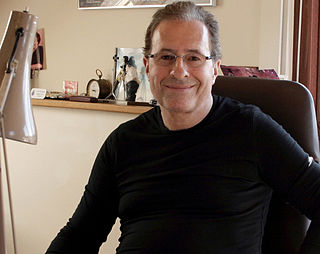A Quote by Ray Bradbury
Digression is the soul of wit. Take the philosophic asides away from Dante, Milton or Hamlet's father's ghost and what stays is dry bones.
Related Quotes
They took away what should have been my eyes (but I remembered Milton's Paradise). They took away what should have been my ears, (Beethoven came and wiped away my tears) They took away what should have been my tongue, (but I had talked with god when I was young) He would not let them take away my soul, possessing that I still possess the whole.
No language can fitly express the meanness, the baseness, the brutality, with which the world has ever treated its victims of one age and boasts of the next. Dante is worshipped at that grave to which he was hurried by persecution. Milton, in his own day, was "Mr. Milton, the blind adder, that spit his venom on the king's person"; and soon after, "the mighty orb of song." These absurd transitions from hatred to apotheosis, this recognition just at the moment when it becomes a mockery, saddens all intellectual history.





































